The confirmation that the Department of Finance has given approval to DAERA for a soil nutrient health scheme has been widely welcomed.
To be rolled out across all farms in NI over the next four to five years, it is a very significant investment of around £37m in the future of NI agriculture.
The scheme will be delivered by AFBI, and done by geographical area. The first farmers to be offered the free service will be contacted in the coming weeks.
A crucial part of any soil analysis is to establish the potassium (K), phosphate (P) and pH status.
Once sample results have been obtained, farmers will be offered free follow-up training in nutrient management planning, so as to make the best use of available nutrients on their farms, and ultimately minimise the likelihood of loss into waterways.
With fertiliser prices set to remain high next spring, it will be timely advice for those fortunate to be top of the list.
But there is more to the soil scheme than nutrient management, with the carbon content of soils also to be measured as part of a plan to establish a baseline across NI.
That information is a vital component of our response to climate change –we believe our soils can take in more carbon, but we need to know how much there is to start with.
The final element of the soil health scheme will be a LiDAR (Light Detection and Ranging) survey of farms to help establish how much carbon is stored in hedges and trees.
Voluntary
The overall scheme is voluntary and it is important that everyone takes part.
But we should also recognise that some farmers are concerned that the soil test data could be used against them by DAERA, potentially limiting where they can spread slurry in the future.
Our understanding is this will not be the case, and the data obtained by AFBI will not, in any circumstance, end up in the hands of DAERA cross-compliance inspectors.
Read more
Huge potential to lower emissions, claims AFBI scientist
Farmers must respond to hike in input costs
The confirmation that the Department of Finance has given approval to DAERA for a soil nutrient health scheme has been widely welcomed.
To be rolled out across all farms in NI over the next four to five years, it is a very significant investment of around £37m in the future of NI agriculture.
The scheme will be delivered by AFBI, and done by geographical area. The first farmers to be offered the free service will be contacted in the coming weeks.
A crucial part of any soil analysis is to establish the potassium (K), phosphate (P) and pH status.
Once sample results have been obtained, farmers will be offered free follow-up training in nutrient management planning, so as to make the best use of available nutrients on their farms, and ultimately minimise the likelihood of loss into waterways.
With fertiliser prices set to remain high next spring, it will be timely advice for those fortunate to be top of the list.
But there is more to the soil scheme than nutrient management, with the carbon content of soils also to be measured as part of a plan to establish a baseline across NI.
That information is a vital component of our response to climate change –we believe our soils can take in more carbon, but we need to know how much there is to start with.
The final element of the soil health scheme will be a LiDAR (Light Detection and Ranging) survey of farms to help establish how much carbon is stored in hedges and trees.
Voluntary
The overall scheme is voluntary and it is important that everyone takes part.
But we should also recognise that some farmers are concerned that the soil test data could be used against them by DAERA, potentially limiting where they can spread slurry in the future.
Our understanding is this will not be the case, and the data obtained by AFBI will not, in any circumstance, end up in the hands of DAERA cross-compliance inspectors.
Read more
Huge potential to lower emissions, claims AFBI scientist
Farmers must respond to hike in input costs



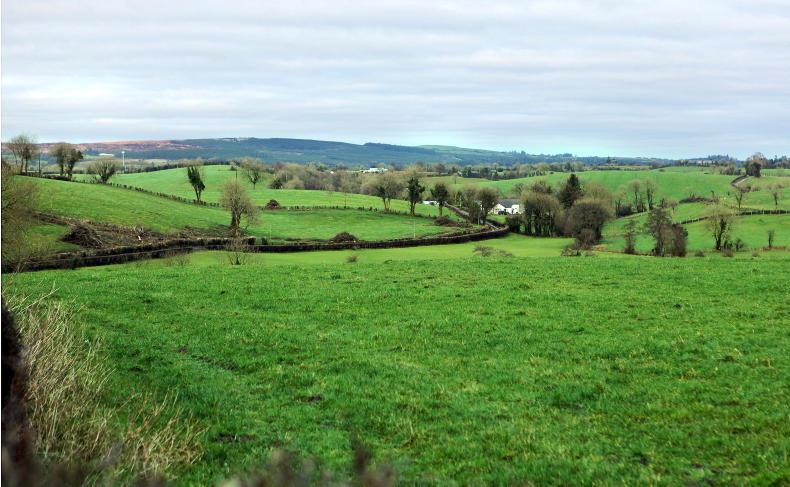
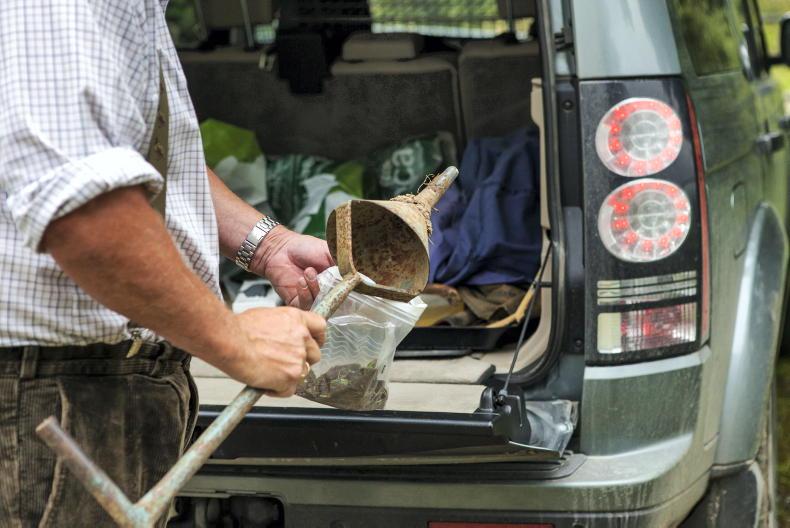
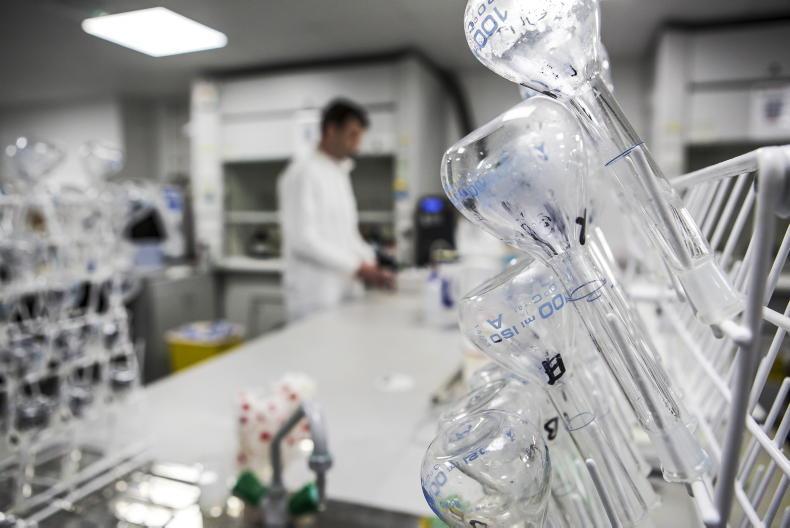
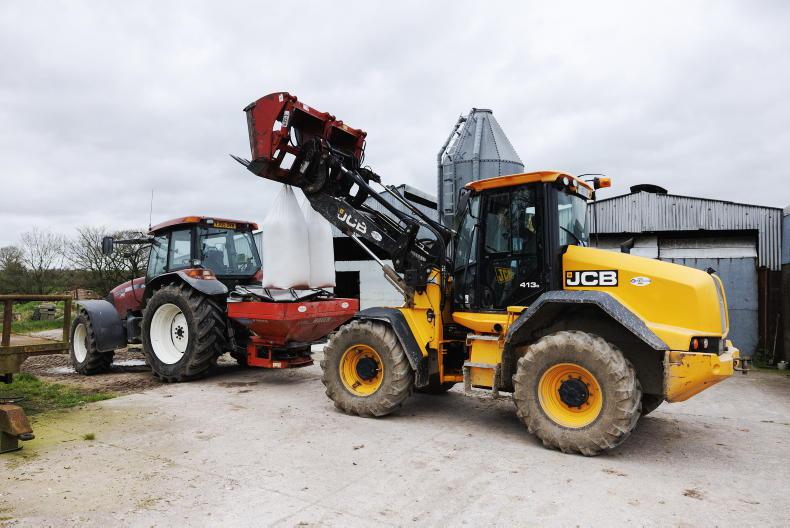
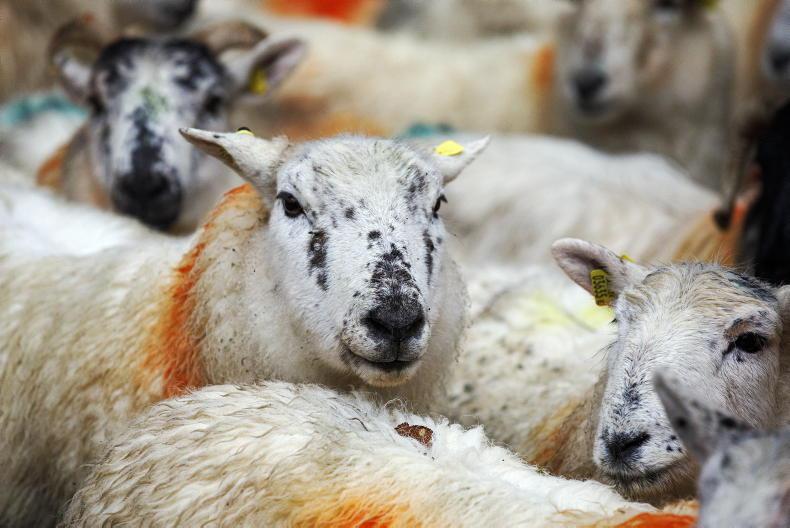
SHARING OPTIONS